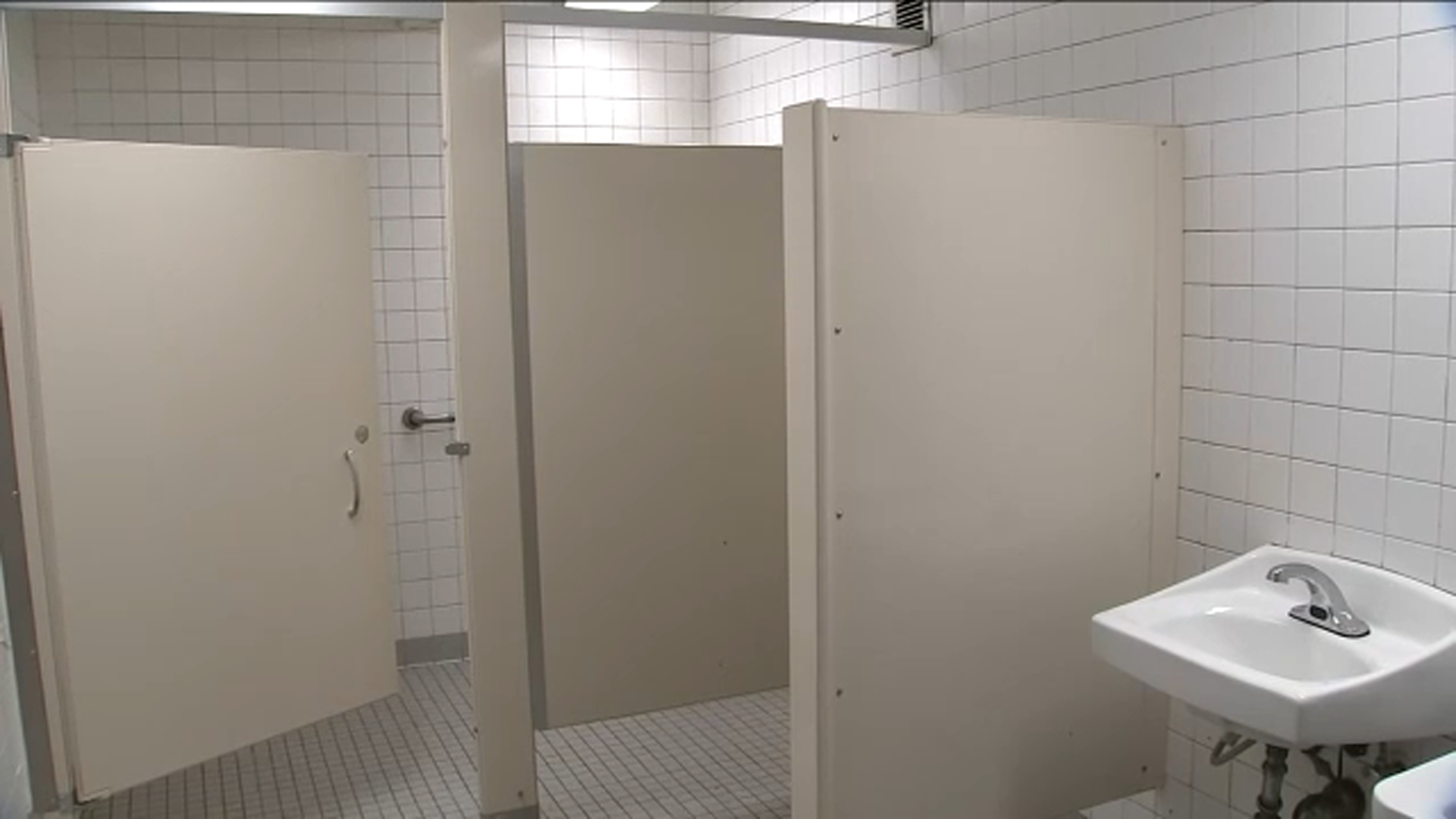Lead levels elevated, water banned in several Newark schools
NEWARK New Jersey (WABC) -- Some students in New Jersey's largest school district are being told not to drink the water because of elevated levels of lead.
Newark public schools on Wednesday temporarily shut off all water fountains at 30 school buildings where elevated levels of lead were recorded. Bottled water and water coolers were brought in.
Water testing throughout the district was already being performed as part of an annual requirement.
But when discolored water was reported at Louise A. Spencer elementary school last week, school officials rushed the lab results.
School officials were made aware of the heightened levels Monday, but parents weren't notified until Wednesday with the help of state and county officials.
"I feel like we should have got a letter on that day and it's just sad that we had to find out this way," said one parent.
Alternative water supplies for drinking and food preparation have been delivered to all of the affected schools.
Water fountains have been shut off with signs posted in the bathrooms, warning students not to drink the water.
The state DEP along with the Health Department are coordinating to perform further tests and review past lead test results from previous years.
The state says parents should have no concerns about their children's water and food consumption at school. The DEP says drinking water alone is not typically associated with elevated blood lead levels.
With several parents up in arms, the mayor, schools superintendent and DEP addressed concerns at a City Hall news conference.
"We don't want to by any way diminish the seriousness and importance of what is happening here," said Mayor Ras Baraka.
"We have a difficult needle to thread here, because in an abundance of caution we are going the extra mile," said Newark Public Safety Director Anthony Ambrose.
The districts on Monday notified the DEP that annual testing found levels ranging from non-detect to above the EPA's action level for lead, which is 15 parts per billion.
The DEP has confirmed lead has not been found in the city's water supply.
Louise A. Spencer Elementary School had one of the highest levels at various water taps, and it is now among the schools using alternatives like bottled water.
Parents said they're concerned and will be monitoring this situation closely.
"You look at the news and you listen to Flint and you think it's someplace else, then you hear something like that going on in your own neighborhood and obviously you're concerned," said one parent. "Not only am I concerned about her drinking the water in school but I'm worried about the water that I drink in my own home."
Lead in drinking water has drawn increased attention recently because of the water crisis in Flint, Michigan, that happened after the city switched from the Detroit system to the Flint River as a cost-saving measure in 2014.
Lead from aging pipes leached into the drinking water because it wasn't treated with anti-corrosion chemicals.
Lead in school water is a longstanding issue in the United States and has been a focus of federal and local regulators.
The Newark school system has 35,054 students in 66 schools.
(The Associated Press contributed to this report.)




